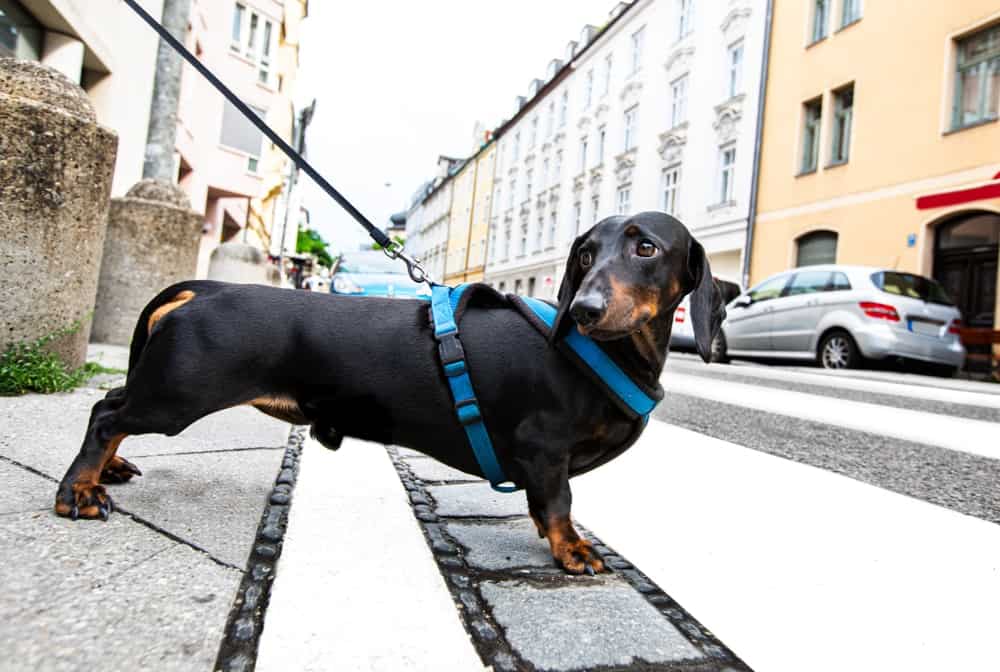“This post contains affiliate links, and I will be compensated if you make a purchase after clicking on my links.”
A newly proposed law meant to ensure animal protection and welfare includes an unusual—and perhaps unenforceable—requirement of German dog owners.

Germany’s Agriculture Minister, Julia Klöckner plans to introduce the Hundeverordnung, or Dogs Act, aimed at improving the health and safety of the country’s roughly 9.4 million dogs next year.
While the Dogs Act does include some important changes in rules regarding the care the nation’s pets, one rule in particular has pet owners scratching their heads. If passed, the law will require owners to walk their dogs at least twice daily, for a minimum of one hour total.
Klöckner has stated that Germany’s dogs are not getting the exercise or stimuli they need and changes to current animal laws will improve their lives. “Dogs are not cuddly toys,” she said. “They also have their own needs, which need to be taken into account.”
It is unclear whether the law will make concessions for very young, very old, or infirm animals that are simply unable to walk a full hour each day or during periods of extreme weather.
In addition to the daily walks, the proposed law bans chaining and tethering dogs for an extended period and requires dogs that are left at home alone all day to be visited several times a day to be cared for.
Klöckner based the rules on updated scientific discoveries that show dogs need a “sufficient measure of activity and contact with environmental stimuli” including socialization with people, other animals, and nature.
Additional rules intended to crack down on puppy mills mandate that no breeder can care for more than three litters of puppies at a time and that puppies must spend at least 4-hours each day being socialized with people. The law would also impose regulations on show dogs, banning any animal with cropped ears or a docked tail from competing.
A spokeswoman for the agriculture ministry said it would be up to individual states to enforce the new rules.












